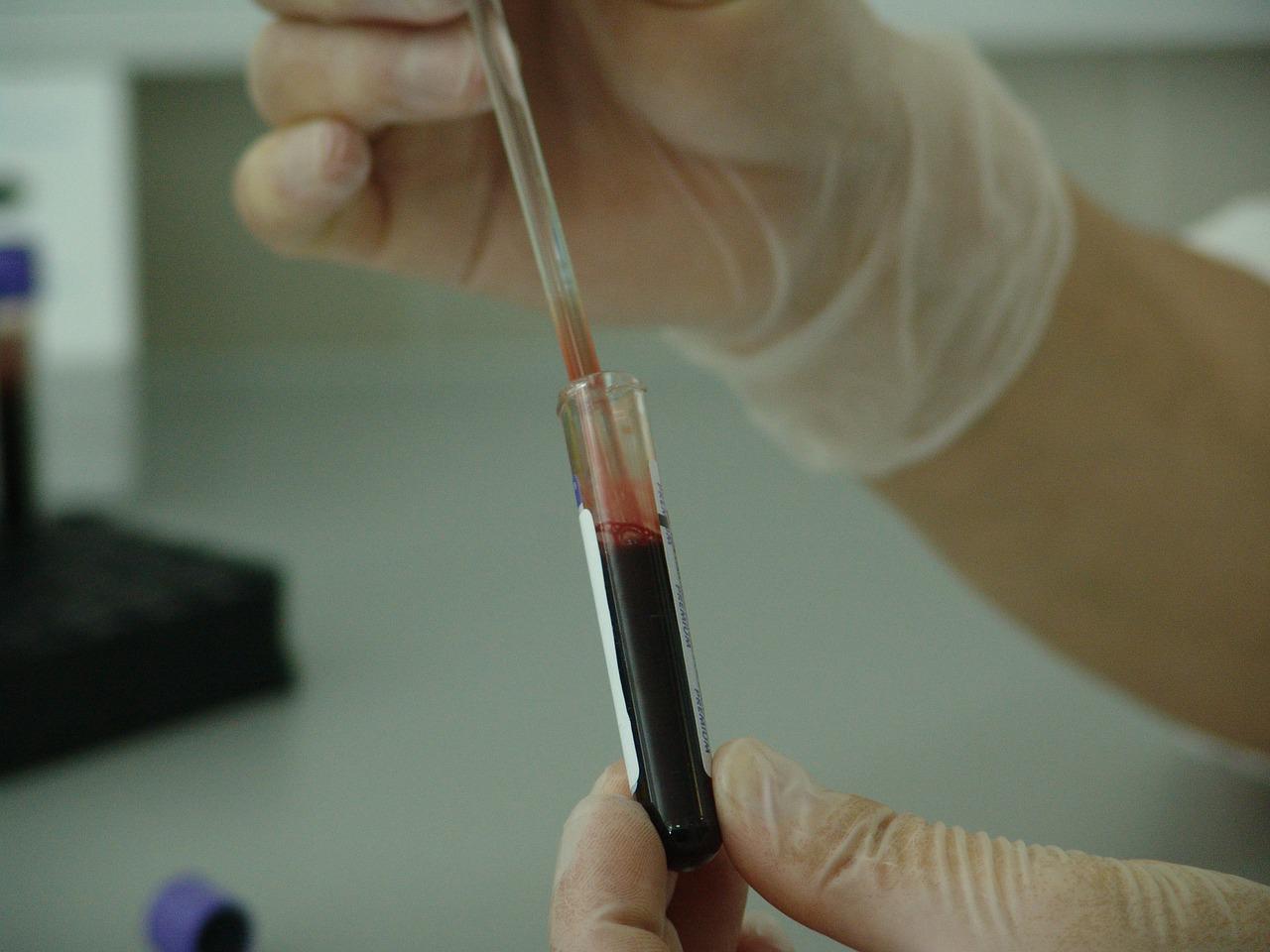New Prenatal Genetic Screens Pose Underappreciated Ethical Dilemmas
By Daniel Navon,
Scientific American
| 05. 05. 2022
Imagine you are an expectant parent. Just a couple of months into your pregnancy, you opt for an easy genetic screen. A result comes back: the fetus is likely missing a chunk of DNA at site 11.2 on the long arm of the 22nd chromosome—a variant associated with serious medical and developmental issues.
You go online and learn that at least 1 in 4,000 people have this “22q11.2” microdeletion, but the true figure may be much higher. You read about 22q11.2 deletion syndrome’s 180-plus symptoms, including heart malformations, hypocalcemia, intellectual disability, autism and schizophrenia. You discover the bewildering treatment guidelines, the specialist clinics scattered throughout the country, and the vibrant patient advocacy movement spearheaded by the International 22q11.2 Foundation.
Yet the same pathogenic variant—a genetic change or “mutation” known to cause disease—has been found in people with much milder symptoms, and some who barely seem affected at all. No one can give you solid risk factors because our knowledge of 22q11.2 deletion syndrome (also known as DiGeorge syndrome) is riddled with “ascertainment bias”: only people with telltale problems are...
Related Articles
By Steve Rose, The Guardian | 01.28.2026
Ed Zitron, EZPR.com; Experience Summit stage;
Web Summit 2024 via Wikipedia Commons licensed under CC by 2.0
If some time in an entirely possible future they come to make a movie about “how the AI bubble burst”, Ed Zitron will...
By Arthur Lazarus, MedPage Today | 01.23.2026
A growing body of contemporary research and reporting exposes how old ideas can find new life when repurposed within modern systems of medicine, technology, and public policy. Over the last decade, several trends have converged:
- The rise of polygenic scoring...
By Daphne O. Martschenko and Julia E. H. Brown, Hastings Bioethics Forum | 01.14.2026
There is growing concern that falling fertility rates will lead to economic and demographic catastrophe. The social and political movement known as pronatalism looks to combat depopulation by encouraging people to have as many children as possible. But not just...
By Josie Ensor, The Times | 12.09.2025
A fertility start-up that promises to screen embryos to give would-be parents their “best baby” has come under fire for a “misuse of science”.
Nucleus Genomics describes its mission as “IVF for genetic optimisation”, offering advanced embryo testing that allows...




